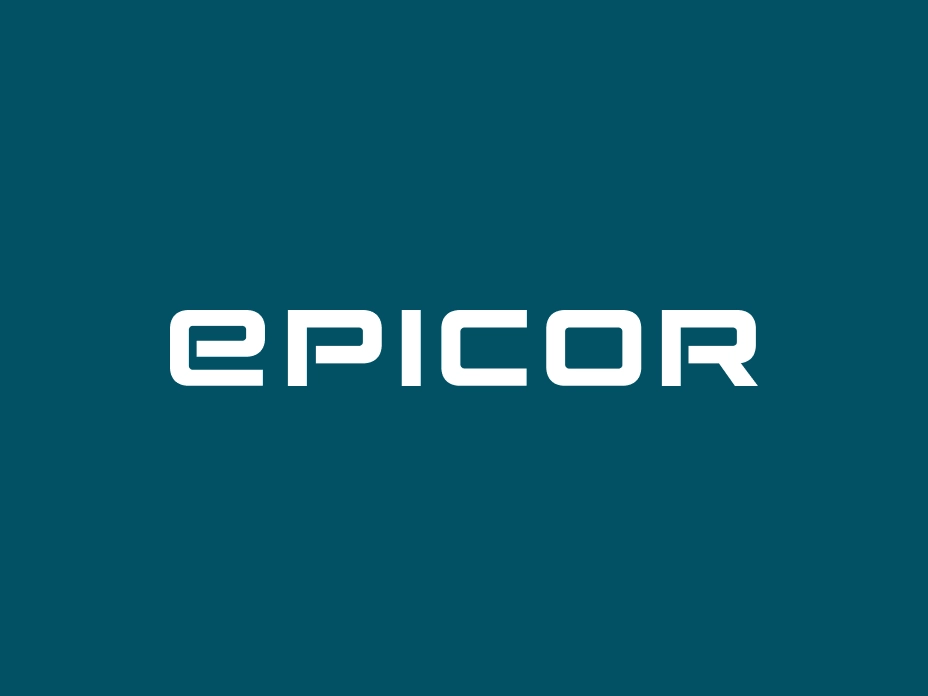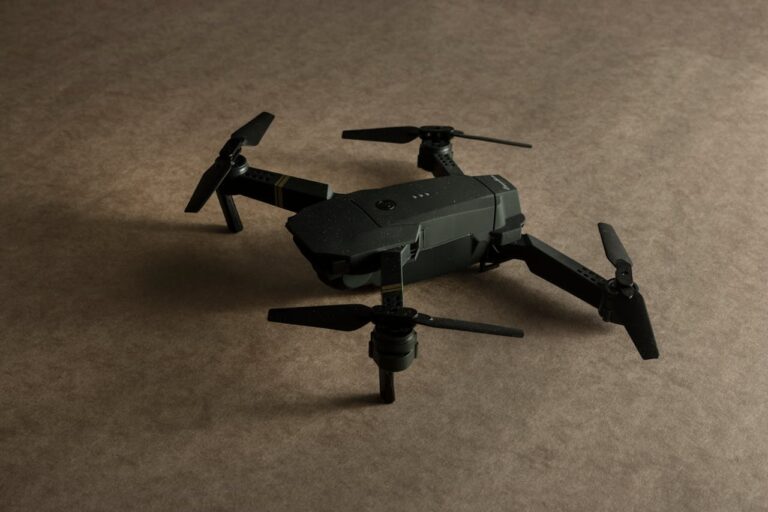
Epicor Redefines Sustainable Manufacturing with Groundbreaking Carbon Cost Rollup Solution in Epicor Kinetic
In a bold move aimed at empowering manufacturers to meet increasingly stringent environmental regulations and internal sustainability goals, Epicor Software Corporation, a global leader in industry-specific enterprise software, has introduced a transformative new tool for carbon accounting. The newly unveiled, patent-pending Carbon Cost Rollup solution is embedded within Epicor Kinetic, the company’s purpose-built ERP platform tailored for the manufacturing sector. This innovation marks a critical evolution in enterprise resource planning by making carbon emission tracking as intuitive and precise as financial cost calculations.
Announced in conjunction with Epicor Insights and now officially available to customers, the Carbon Cost Rollup tool leverages Epicor’s deep roots in manufacturing technology and integrates seamlessly with standard cost rollup methodologies. This new approach empowers organizations to assess and manage their carbon footprint using a framework already familiar to operations and finance teams—creating a clear, auditable path toward environmental accountability.
Introducing CO₂ as a “Currency” in Enterprise Software
At the heart of this innovation is a radical but elegant shift in how carbon emissions are measured. Rather than treating emissions as abstract data or regulatory burdens, the Carbon Cost Rollup solution treats CO₂ emissions as a currency—a resource that can be allocated, tracked, budgeted, and reduced in a systematic way. This enables manufacturers to evaluate the environmental cost of production at every stage of the value chain, right alongside monetary costs.
“Through feedback from our Customer Advisory Board members, it became clear there was a need for a simplified approach to environmental accountability and reporting in the manufacturing sector,” said Kerrie Jordan, Group Vice President of Product Management at Epicor. “I am incredibly proud of our team’s achievements in building a solution that addresses those needs and empowers organizations to mitigate climate change by prioritizing areas for emissions reduction and addressing their carbon footprint with the same precision and rigor as their financial costs.”
This shift in perspective—from carbon as a compliance headache to carbon as a cost category—has the potential to radically transform how companies think about sustainability and operational efficiency. It aligns perfectly with evolving stakeholder expectations, ESG investment mandates, and a broader cultural movement toward corporate responsibility and transparency.
How the Carbon Cost Rollup Works
The Carbon Cost Rollup system is elegantly simple in concept but powerful in execution. It starts by assigning carbon values at the most granular level: the bill of materials (BOM) and operational processes. Each component or activity—whether it’s the use of raw aluminum, machine runtime, transportation, or assembly—is given a carbon cost based on industry standards and real-time emissions data.

As production advances and components are assembled into subassemblies and finished goods, the system calculates the cumulative carbon cost at each level, in much the same way that traditional ERP systems calculate material, labor, and overhead costs. The final result is a complete, bottom-up tally of the total emissions associated with any given product—ready for reporting, analysis, or strategic action.
What sets this tool apart is its integration within Epicor Kinetic, meaning that users do not need to learn an entirely new system or adapt to unfamiliar workflows. Instead, carbon cost data becomes a natural extension of the existing cost accounting infrastructure. This compatibility not only lowers adoption barriers but also enables cross-functional teams—from engineering and finance to compliance and executive leadership—to access unified, trustworthy data that drives smarter decisions.
Seamless Integration with Carbon Intelligence Platforms
The Carbon Cost Rollup is not being introduced in a vacuum. It builds upon Epicor’s growing ecosystem of sustainability-focused tools and partnerships, notably its strategic collaboration with Climatiq, a global carbon intelligence platform.
In 2024, Epicor and Climatiq announced an integration that embeds Climatiq’s carbon footprint calculation API across Epicor’s product portfolio. This integration allows manufacturers to incorporate real-time emissions data into their ERP processes, ensuring that the carbon values used in the Cost Rollup are not only consistent but also scientifically credible and up to date with the latest regulatory and environmental data sets.
“At Epicor Insights, we learned about advanced carbon calculations and reporting functionality,” said Paul Silva Da Cruz, CFO at DMN-WESTINGHOUSE, a manufacturer specializing in rotary valves and diverter valves. “As Epicor can make that easier for us, we are looking at integrating that solution as well.”
The Climatiq integration ensures that Epicor users are not left in the dark about emissions factors or industry benchmarks. It automates the complex data gathering and emissions modeling process, giving users instant visibility into their carbon liabilities and opportunities for optimization.
Designed with Manufacturers, for Manufacturers
What makes the Carbon Cost Rollup particularly impactful is its deep alignment with the day-to-day realities of manufacturers. Rather than offering a one-size-fits-all solution, Epicor designed the tool in close consultation with its Customer Advisory Board, composed of industry leaders from across the manufacturing spectrum.
By drawing on this wealth of real-world insight, Epicor has ensured that the Carbon Cost Rollup reflects actual industry needs, not just regulatory trends or theoretical best practices. Features like BOM-level emissions allocation, traceability across multi-tiered supply chains, and the ability to simulate changes in material selection or supplier sourcing all stem from direct input by users who understand the operational pressures of modern manufacturing.
As manufacturers across the globe grapple with a patchwork of emissions reporting requirements—from the European Union’s CSRD (Corporate Sustainability Reporting Directive) to California’s SB 253 and SB 261—this kind of purpose-built, user-friendly solution is becoming essential.
From Compliance to Competitive Advantage
While the Carbon Cost Rollup tool will undoubtedly help companies comply with regulations, its true value lies in how it can drive competitive advantage.
By embedding carbon transparency into the product lifecycle, manufacturers gain the ability to:
- Differentiate products with verified low-emissions credentials
- Win bids and contracts with ESG-conscious buyers
- Optimize operations by identifying high-emissions components or processes
- Avoid future carbon liabilities such as carbon taxes or emissions trading costs
- Support broader ESG strategies and investor engagement
These advantages go well beyond compliance—they enable companies to proactively shape their brand narratives, enhance customer trust, and open doors to new markets and partnerships.
Driving Culture Change Through Visibility
One of the most overlooked aspects of sustainability software is its potential to change company culture. By making carbon data accessible and visible in day-to-day operations, the Epicor Carbon Cost Rollup allows everyone—from frontline workers to executive leadership—to understand how their decisions impact the environment.
This cultural shift can be just as important as the technical capabilities. With carbon transparency baked into financial systems, teams are more likely to align around shared sustainability goals, foster innovation in materials and process efficiency, and champion environmental stewardship across all levels of the organization.
A Broader Vision for Sustainable ERP
The Carbon Cost Rollup is just one part of Epicor’s growing vision for what a sustainable ERP platform can be. As regulations evolve and stakeholder expectations rise, Epicor is positioning itself not just as a software provider, but as a strategic partner in the sustainability journey.
By weaving environmental intelligence into the very fabric of enterprise software, Epicor is redefining what ERP systems are capable of—and what manufacturers can achieve. Whether it’s through dynamic emissions tracking, automated compliance reporting, or AI-assisted optimization, the goal is clear: help businesses become more resilient, transparent, and future-ready.
About Epicor
Epicor Software Corporation has long been a trusted name in enterprise solutions for industries that keep the global economy moving. With more than 50 years of experience, the company provides software tailored to the needs of the automotive, building supply, distribution, manufacturing, and retail sectors.
Epicor’s product philosophy centers around flexibility, adaptability, and industry specialization. Rather than building generalized platforms that require heavy customization, Epicor invests in deep partnerships with each vertical it serves, ensuring that its solutions solve real-world problems in ways that are immediately actionable.
This focus on industry-specific functionality is evident in the Carbon Cost Rollup’s alignment with the needs of modern manufacturers navigating the complexity of ESG commitments, supply chain transparency, and digital transformation.
Epicor and the Epicor logo are trademarks of Epicor Software Corporation, registered in the United States and other countries. All other trademarks mentioned are the property of their respective owners.




